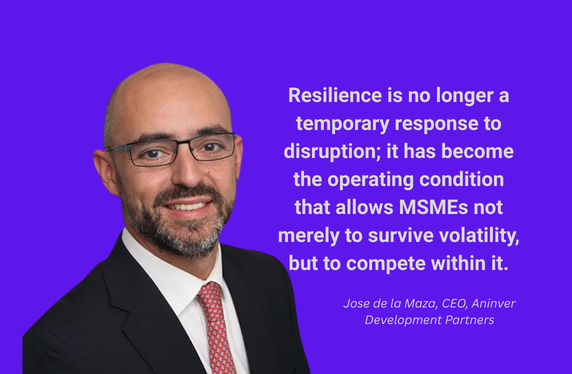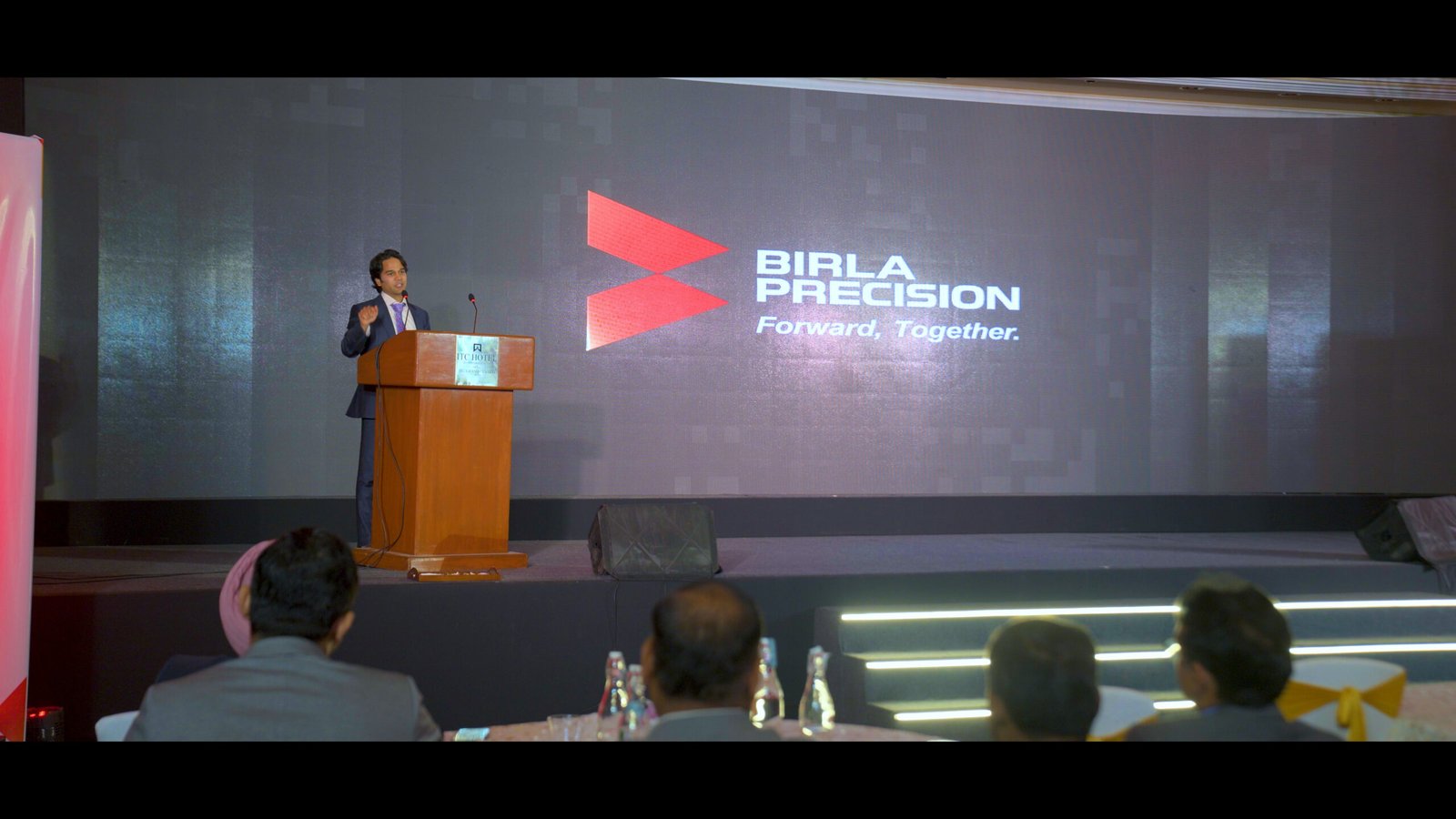Renewable Energy: How trade policy supports deployment and value addition in developing countries, International Trade Centre, Geneva, November 2024
As the urgency to combat climate change intensifies, renewable energy emerges as a critical solution for a sustainable future. The International Trade Centre’s (ITC) latest report, “Renewable Energy: How Trade Policy Supports Deployment and Value Addition in Developing Countries,” sheds light on how trade policies can accelerate renewable energy adoption in developing nations. Focused on seven countries—Dominican Republic, Ecuador, Kenya, Mauritius, the Philippines, Senegal, and Viet Nam—the report highlights the intersection of trade, technology, and policy in fostering a cleaner, greener world.
Low Tariffs: The Unsung Hero of Renewable Deployment
The report makes a persuasive case for the role of low import tariffs in renewable energy deployment. By reducing costs for key components like solar photovoltaic (PV) modules and wind turbines, developing countries can affordably integrate renewable technologies. Viet Nam, a standout example, has leveraged duty-free imports of solar cells to build a thriving solar module industry, becoming the world’s second-largest exporter in this category.
This insight is particularly relevant for micro, small, and medium enterprises (MSMEs), which often face budget constraints when adopting clean energy solutions. Policies that lower tariffs and simplify import procedures could enable broader adoption among MSMEs, reducing their operational costs and increasing competitiveness.
Trade Trends Shaping the Sector
The global trade in solar PV and wind energy is dominated by a few key players, with China holding 74%-96% of the upstream solar PV market. However, developing nations like Viet Nam and Malaysia are making significant inroads, capturing 9% and 6% of specialized solar PV exports, respectively.
For wind energy, developed nations like Denmark and Germany lead in high-tech components, while developing countries contribute to less specialized components such as towers and electrical cables. This trend highlights the potential for developing nations to carve a niche in less specialized manufacturing, building regional value chains that feed into the global market.
Lessons from Case Studies
The report’s case studies provide valuable insights into how developing countries can succeed in renewable energy deployment:
- Viet Nam: By leveraging trade agreements, attracting foreign investment, and maintaining low import tariffs, Viet Nam has built a robust solar PV manufacturing base. Its exports have grown fiftyfold over the past decade, exemplifying how strategic policies can create value-added industries.
- Kenya: Public-private partnerships have been instrumental in Kenya’s renewable energy growth, particularly in geothermal and wind energy projects. Incentives and long-term power purchase agreements have attracted both domestic and foreign investors.
- Senegal and Mauritius: Both countries are capitalizing on international support and policy frameworks to achieve greater energy independence through solar and wind investments.
These examples underscore the importance of cohesive strategies, regional collaboration, and investment-friendly policies in renewable energy development.
Policy Recommendations for Developing Nations
To fully harness the benefits of trade, the report outlines actionable policy recommendations:
- Regulatory Frameworks: Establishing standards for quality, safety, and performance is essential to building trust and facilitating trade.
- Regional Trade and Standards: Harmonizing standards across regions can enhance market access and reduce trade barriers, enabling smoother cross-border trade in renewable energy components.
- Capacity Building: Investing in skills, infrastructure, and market intelligence can empower businesses to compete in the global renewable energy value chain.
- Trade Agreements: Leveraging free trade agreements (FTAs) can attract foreign investment, enable technology transfer, and facilitate the entry of skilled professionals.
Unlocking Opportunities for MSMEs
For MSMEs in developing nations, the report’s findings are a call to action. Renewable energy adoption can reduce energy costs, enhance efficiency, and create new business opportunities. Governments and trade organizations must support MSMEs by ensuring affordable access to renewable technologies, simplifying compliance processes, and fostering regional collaborations.
A Roadmap for Green Growth
The ITC report offers a comprehensive roadmap for developing countries aiming to integrate into the global renewable energy market. By addressing trade barriers, fostering investments, and building local manufacturing capacities, these nations can contribute to global climate goals while driving economic growth.
For MSMEs, the shift toward renewables is not just an environmental imperative but a business opportunity. Policymakers and industry stakeholders must work together to unlock the full potential of renewable energy, enabling a cleaner, more sustainable future for all.
Author Profile

-
Perumal Koshy is Editor of Global SME News and Director of Strategic Initiatives at Enterprise Futures Lab. He writes on MSMEs, enterprise development, and policy issues affecting small business ecosystems.
Linkedin: https://www.linkedin.com/in/caushie/
Latest entries
 FEATURED2 February 2026Outlook 2026 | Real Estate: Infrastructure-Led Growth, Integrated Communities, and the Trust Imperative
FEATURED2 February 2026Outlook 2026 | Real Estate: Infrastructure-Led Growth, Integrated Communities, and the Trust Imperative Entreprenurs30 January 2026Quality, Crisis, and Consistency: The Rungta Tea Story
Entreprenurs30 January 2026Quality, Crisis, and Consistency: The Rungta Tea Story Entreprenurs21 August 2025Entrepreneurship, Values, and Corporate Governance: Building Nations, Not Just Profits
Entreprenurs21 August 2025Entrepreneurship, Values, and Corporate Governance: Building Nations, Not Just Profits Africa13 August 2025 A New Landmark Report Calls for Rethinking SME Policies, Digital Readiness, and Sustainable Growth
Africa13 August 2025 A New Landmark Report Calls for Rethinking SME Policies, Digital Readiness, and Sustainable Growth








